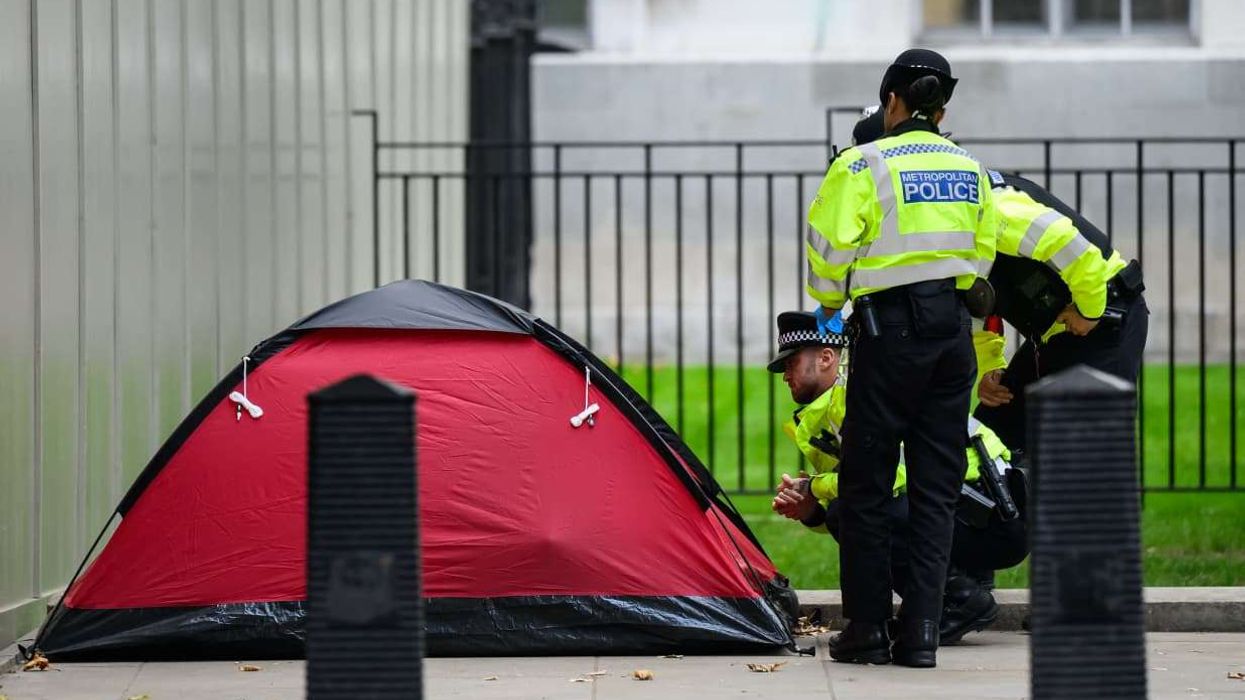British precious stone miner Gemfields plc said on Monday (20) India’s move to scrap higher value banknotes forced the company to delay an emerald auction and would hurt its full-year revenue and core earnings.
Shares in the company fell as much as 7.9 per cent to 46.50 pence in morning trading before recovering to 48.6 pence by 0832 GMT.
The auction, which was pushed to February from December, sold about 84 percent of the total emeralds on sale by weight, and generated $22.3 million in revenue, the company said in a statement on Monday.
The sale yielded the third highest value per carat to date for the company, with an average price of $63.61 per carat and total volume of 349,935 carats, Gemfields said.
“A normal high quality auction delivers revenue normally of $32-$35 million on 500,000-600,000 carats of sales. Today they delivered very good pricing… but it was only on 350,000 carats sold, so a significantly smaller auction,” analyst Michael Stoner at brokerage Peel Hunt told Reuters.
“We would like to see that kind of strength to pricing on higher volumes,” he said.
The company, which mines for emeralds and amethysts in Zambia and for ruby and corundum in Mozambique, reported a loss of $4.3 million for the half year ended Dec. 31. Revenue fell 45.7 percent to 51 million pounds.
The company rescheduled the auction for higher quality rough emeralds due to India’s demonetisation programme and had cancelled another higher quality emerald auction, Chief Executive Ian Harebottle said in a statement.
Indian Prime Minister Narendra Modi scrapped 500-rupee and 1,000-rupee banknotes in November in a bid to flush out cash earned through illegal activities, or earned legally but never disclosed.












